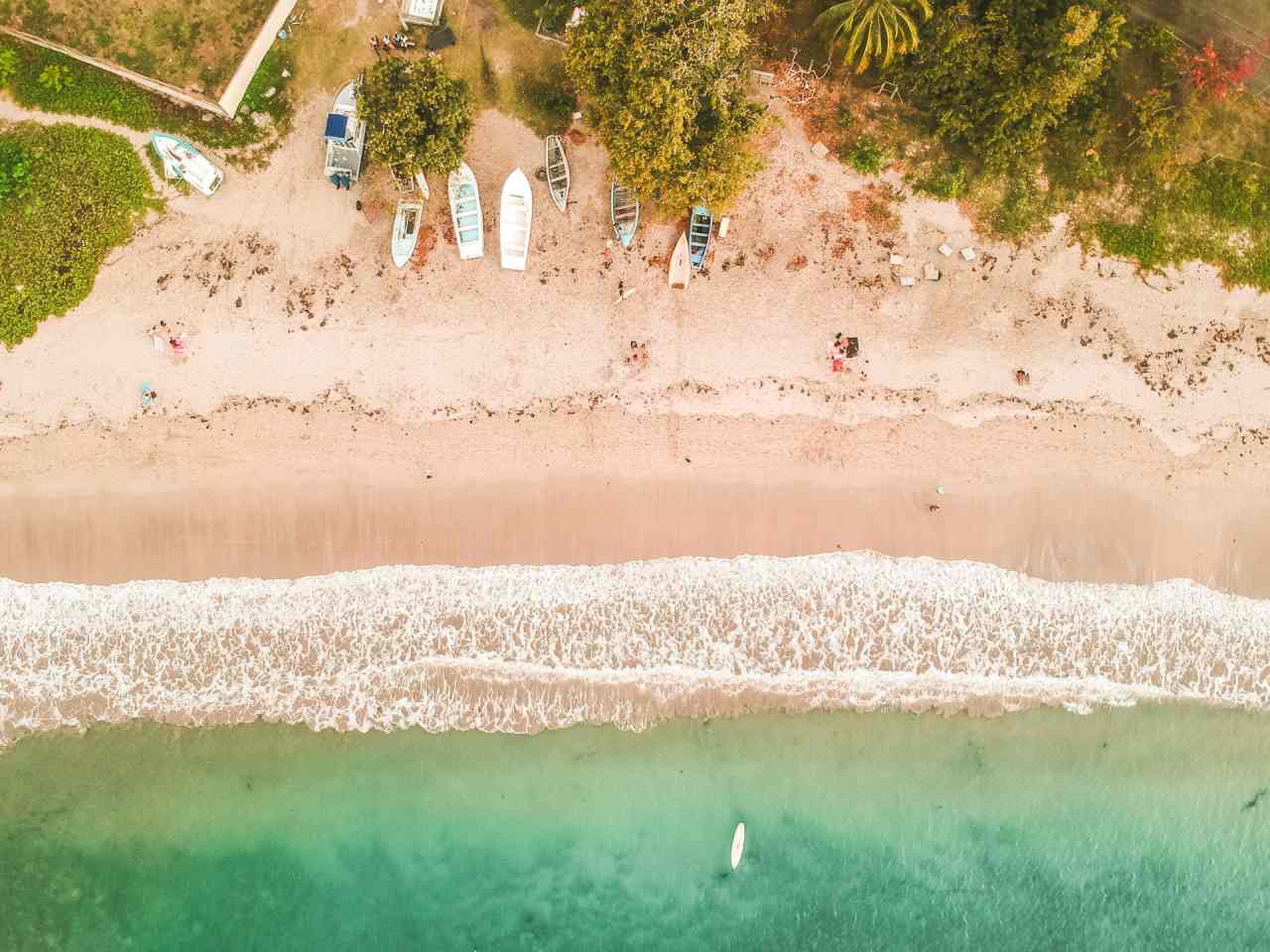Photo by Guillaume Baudusseau
Mauritius, a picturesque island nestled in the Indian Ocean, is not only renowned for its stunning beaches and vibrant culture but also for its rich tapestry of public holidays. With a total of 15 annual public holidays, Mauritians have ample opportunities throughout the year to celebrate their heritage, culture, and religious diversity. Let’s delve into the colourful array of festivities that grace this tropical paradise.
- 1st and 2nd January – New Year: As in many parts of the world, Mauritians welcome the New Year with joyous celebrations, fireworks, and gatherings with family and friends.
- 1st February – Abolition of Slavery: This day commemorates the abolition of slavery in Mauritius in 1835. It serves as a poignant reminder of the nation’s history and honors the resilience of those who fought for freedom.
- 12th March – National Day: Celebrated with great pride and patriotism, National Day marks the anniversary of Mauritius gaining independence from British rule in 1968. Festivities include parades, cultural performances, and flag-raising ceremonies.
- 1st May – Labour Day: Recognizing the contributions of workers across various industries, Labour Day is a time to advocate for workers’ rights and social justice. It is often marked by rallies, marches, and discussions on labor-related issues.
- 2nd November – Arrival of Indentured Labourers: This holiday commemorates the arrival of the first indentured laborers from India to Mauritius in 1834. It celebrates the cultural diversity and heritage of the Indian community, which has significantly influenced Mauritian society.
- 25th December – Christmas: Just like in many parts of the world, Christmas in Mauritius is a time of joy, merriment, and religious observance for the Christian community. Families gather for feasts, exchange gifts, and attend church services.
In addition to these fixed holidays, Mauritius also observes a variety of religious festivals that reflect its multicultural fabric:
- Eid-ul-Fitr: Celebrated by the Muslim community, Eid-ul-Fitr marks the end of Ramadan, the Islamic holy month of fasting. It is a time for prayers, feasting, and charitable acts.
- Thaipoosam Cavadee: A significant Hindu festival, Thaipoosam Cavadee honors the Hindu deity Murugan. Devotees undergo acts of penance and make offerings, including carrying ornately decorated wooden structures called “cavadees.”
- Chinese Spring Festival: Celebrated by the Sino-Mauritian community, the Chinese Spring Festival, also known as Lunar New Year or Chinese New Year, is a time for family reunions, feasting, and traditional dragon and lion dances.
- Ganesh Chaturthi: Dedicated to the elephant-headed Hindu deity Ganesh, Ganesh Chaturthi involves elaborate rituals, prayers, and the immersion of Ganesh idols in bodies of water.
- Diwali: Known as the Festival of Lights, Diwali is one of the most anticipated Hindu festivals in Mauritius. Homes and streets are adorned with lamps and candles, and fireworks light up the night sky to symbolize the victory of light over darkness.
- Eid-ul-Adha: Also known as the Festival of Sacrifice, Eid-ul-Adha commemorates the willingness of Ibrahim (Abraham in Islamic tradition) to sacrifice his son as an act of obedience to God. It involves prayers, feasting, and the distribution of meat to the less fortunate.
These diverse celebrations exemplify the multicultural fabric of Mauritius, where people of different ethnicities, religions, and backgrounds come together to celebrate and embrace their shared heritage. Each holiday provides an opportunity for reflection, gratitude, and unity, further enriching the vibrant tapestry of Mauritian culture.
